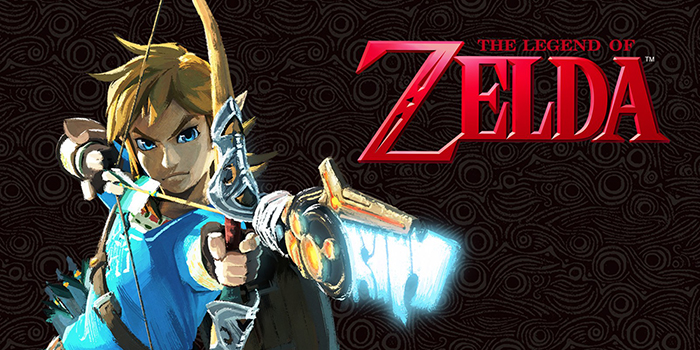 ©Nintendo"/>"<br
©Nintendo"/>"<brFor a long time in the world of gaming, there have been two principal titans. The first is the combined might of the west, generally consolidated around the UK and the United States. The other is Japan, the relatively smaller nation which is responsible for perhaps more contributions to gaming than all other countries combined.
When comparing gaming to other forms of international entertainment such as movies, and novels, the cultural divide between the West and Japan has often proven far too great for translation to succeed. While there are obvious exceptions to this in anime and manga, in general terms, pushing for a transfer is commonly seen as simply not worth the effort.
So why is it then, that gaming has so easily bucked this trend? From RPGs to action-shooters, the jump has been an immensely successful one, and we want to look at why.
Universal Appeal
For some games, such as those within the action genre, moves between the realms work so well because their simple appeal knows no cultural bounds. When Super Mario Bros became an enormous hit back in 1985, it did so through how undeniably fun its base gameplay was, and how simple it was to learn.
Even if you imported a cart to play the game and didn’t read Japanese, understanding what you needed to do was easy. Run to the right, get through all eight worlds, and drop a turtle-dragon into a pit of lava; simple. With smooth scrolling, intuitive controls, and great level design, finding and holding attention was never going to be an issue.
This same pattern would repeat time and again, with likes of Super Mario 64, Final Fantasy, and Legend of Zelda all becoming enormous international hits. This, in the opposite direction, has also been true, with games like Elite, GTA, and Doom all having a significant influence on both Japanese players and the Japanese gaming industry.
In this way, the video game industry’s relationship was rare in its cooperation. Arguably the only other form of entertainment, which has managed a bond on this scale, could be those of casino games. For example, modern Japanese online slots games are now usually identical no matter the nation. From Gonzo’s Quest to Crazy Time, a similar universal appeal has meant most of these games need only minimal changes to still find an audience.
A Narrow Gulf
The other side of this equation comes from games that formerly saw only minor representation, only to go on to find enormous audiences. The best examples of these are games that rely heavily on slice-of-life situations, like visual novels, or RPG’s with more of a daily life focus like the Persona series.
In many of these types of games, the idea used to be that players in the west simply wouldn’t be able to relate to the very different daily lives of a Japanese person. As it turns out, it wasn’t the general setting that mattered so much in this regard, it was the specific feelings that were depicted.
To return to the Persona example, the games have long relied on themes like isolation and the anxiety tied to growing up. While westerners might night have been able to relate entirely to the setting in which these stories took place, the feelings are something with which we’re often all too familiar with. As it turned out, giving us a chance to buy these games was all the industry needed to see that the interest was there; thus resulting in explosive success.
Source: Pixabay
Building Bridges
From a time where localization and translation efforts could take months or even years, we now have a world where simultaneous international releases are the norm. In no small part, this is owed to just how collaborative and cooperative the relationship between Japanese and Western gaming has become. As fans of all types of gaming, we can only hope that this pattern persists.


 Photo courtesy of Pixabay."/>
Photo courtesy of Pixabay."/>